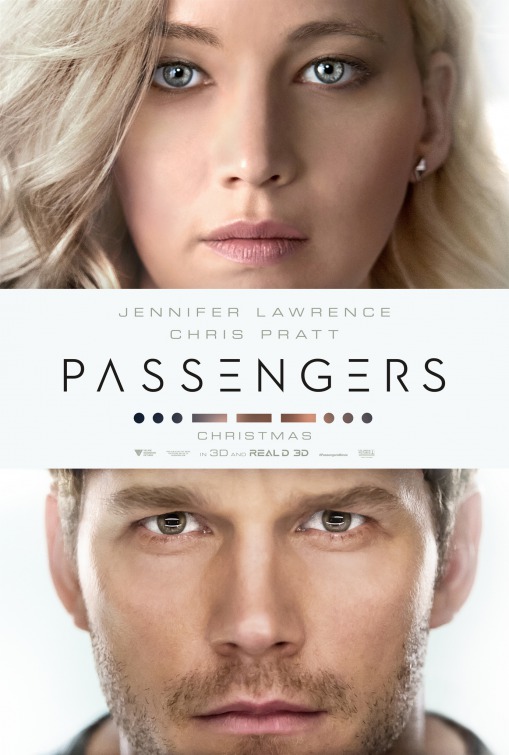
Sam Mendes’s Revolutionary Road is a film set in the 1950’s and decidedly so, but that is just happenstance because the story it tells could happen anywhere, in any time period. The setting, though elaborately, meticulously and unobtrusively staged, is just the gilding on this suburban tragedy of restlessness, shaky ideals and marriage at levels of disintegration that prove combustible.
Leonardo DiCaprio and Kate Winslet join forces again as Frank and April Wheeler, a seemingly harmonious white picket fence family who have achieved the American Dream. Cute little house in a sunny neighbourhood, two adorable children, he has a rat race office job while she plays homemaker. Idyllic, right? Anything but. These two are monumentally unhappy in ways that prove complex enough to haunt the viewer later on. She’s unwilling to hammer down that last corner of settled life and give up on further dreams, he simultaneously hates and depends on his worker bee employment like a security blanket. They make plans. Life, and the both of them get in the way. It’s kind of a vague premise to just read about in a review or synopsis and you have to watch the thing to get its rhythm and timbre, but what it has to say is important, heartbreaking and timeless.
Leo and Kate follow up their sweet, innocent tragedy of Titanic with a love story eons removed, a bitter tale of two people who’d love each other if they didn’t hate each other so much, and hate each other if they didn’t love each other so much. It’s a tricky, multilayered pair of performances to nail in tandem but they’re there in synergistic equilibrium and both give what might be their finest work. Suburbia is populated by supporting characters who revolve around them cautiously but never get fully sucked in to their destructive orbit. They’re played by the sterling likes of Kathy Bates, David Harbour, Kathryn Hahn, Dylan Baker, Jay O. Sanders, Max Baker and Michael Shannon in a fierce cameo as a sort of Greek Chorus type individual who comments on this couple’s plight with acidic abandon. Mendes chooses locations over a soundstage which is always tricky, but the level of authenticity you get once that is pulled off can’t be compared. 1050’s suburbia seems to come alive as we feel each breeze come in through an open window, see the tree lined street just beyond the borders of a real house they’re shooting in and watch the automobiles actually wind their way down a street. Thomas Newman provides a score that doesn’t cloy or manipulate but follows along dutifully while humming away in the wings to let Leo and Kate sing for themselves.
Not an easy film to watch, it’s essentially two people in a collective downward spiral observed in an intimate fly-on-the-wall fashion and that can become downright uncomfortable at its lowest points. But this is important stuff, a microcosm of two individuals that asks you to step outside what’s considered norm in society and examine exactly what exactly is expected of each man and woman and how that affects their actions throughout life. Brilliant film.
-Nate Hill

